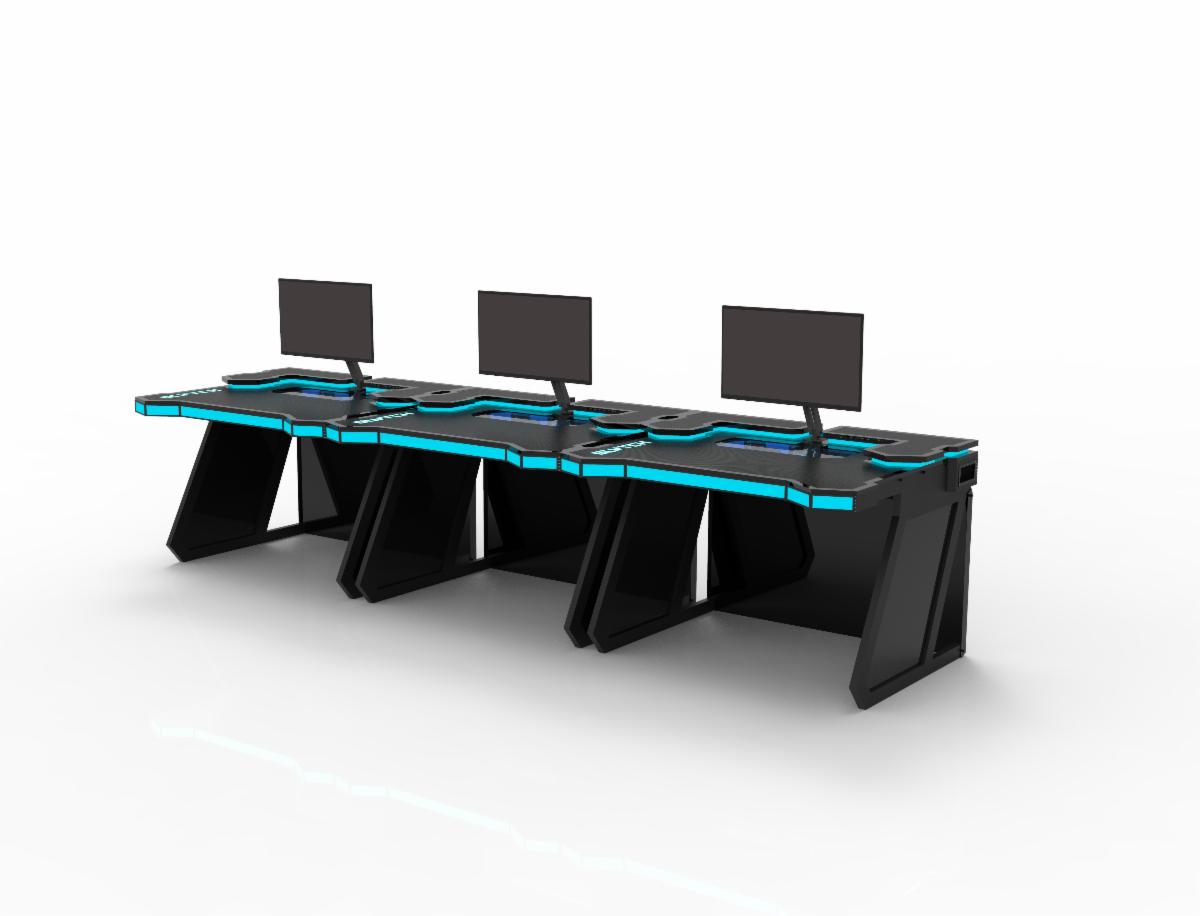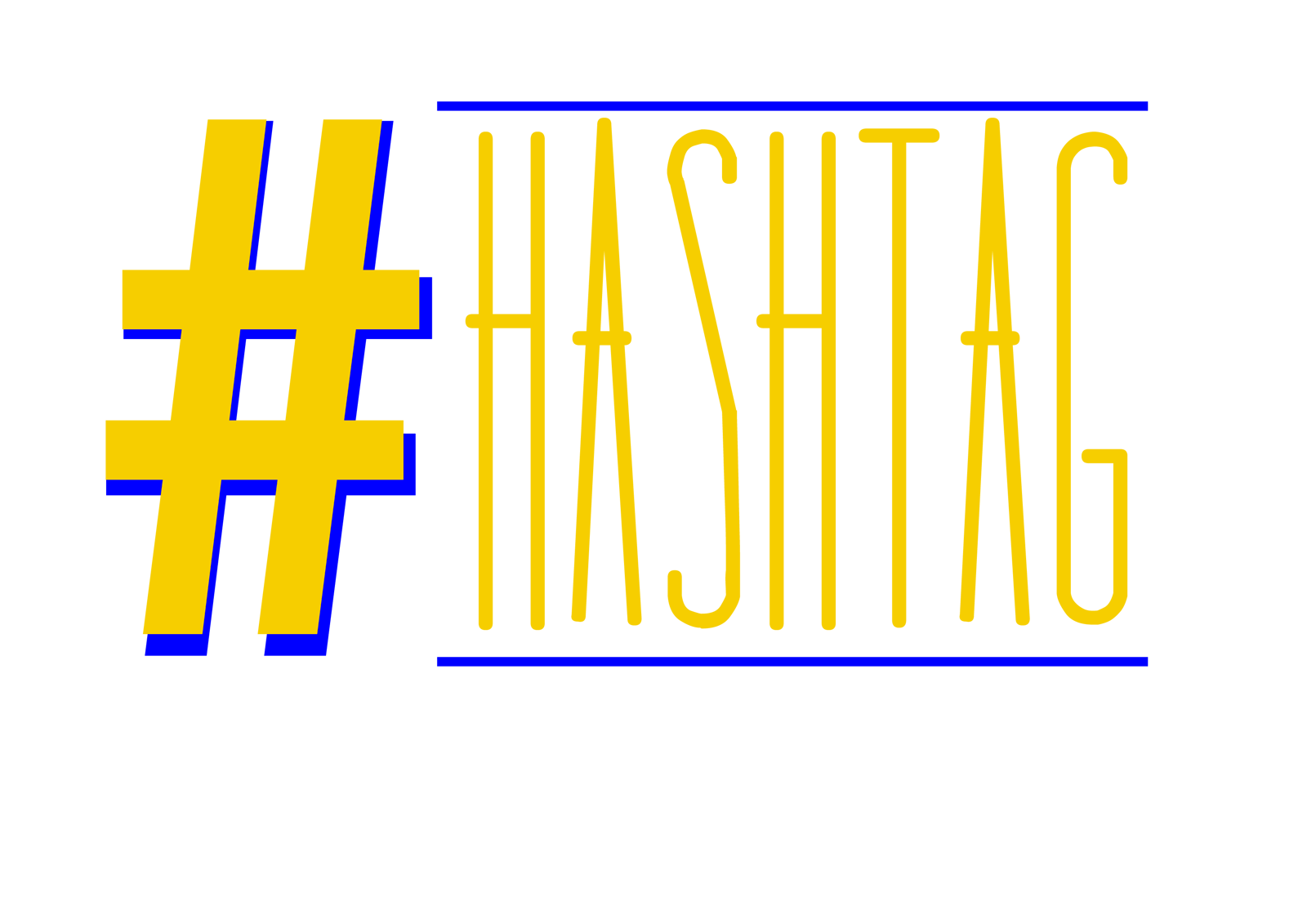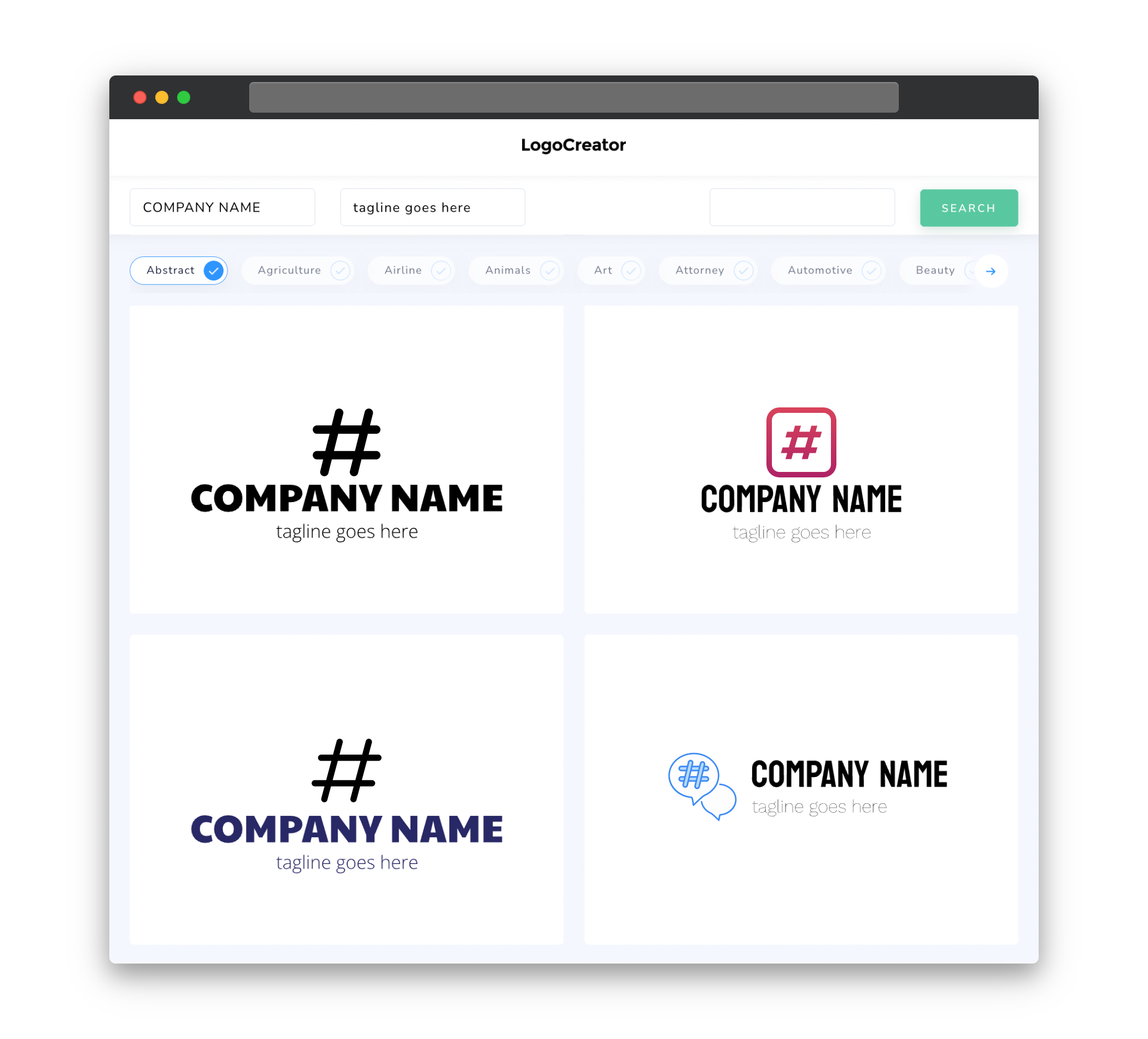Unlocking The Power Of Hashtag Gaming: Connect, Compete, Conquer
Table of Contents
- The Evolution of Hashtags in Gaming
- Why Hashtag Gaming Matters: Community, Discovery, and Engagement
- Navigating the Hashtag Landscape: Best Practices for Gamers
- Hashtag Gaming and Online Safety: Mitigating Risks
- Common Hashtag Hurdles: Troubleshooting Keyboard Issues
- The Future of Hashtag Gaming: Trends and Innovations
- Maximizing Your Gaming Experience with Strategic Hashtags
- Beyond the Game: Hashtags for Gaming Advocacy and Social Impact
The Evolution of Hashtags in Gaming
The journey of the hashtag from a mere programming symbol to a global phenomenon began in 2007, popularized by Twitter as a way to group related messages. It wasn't long before the gaming community, ever at the forefront of digital communication, adopted this simple yet powerful tool. Initially, gamers used hashtags to categorize discussions around specific games, like #Fortnite or #LeagueOfLegends, making it easier to follow conversations or find content related to their favorite titles. This early adoption laid the groundwork for what we now recognize as **hashtag gaming**. As social media platforms diversified and integrated hashtags more deeply into their algorithms, their utility in gaming expanded exponentially. Esports organizations began using unique hashtags for tournaments (#Worlds2023, #TheInternational), creating a unified digital space for fans to share excitement, discuss matches, and celebrate victories. Game developers leveraged them for marketing campaigns, community feedback, and bug reporting (#BugReport, #GameFeedback). Streamers found them invaluable for discoverability, tagging their content with game titles, genres, and even their own unique community tags. This organic growth demonstrates how the gaming world, with its rapid communication and fervent communities, was perfectly primed to embrace and evolve the hashtag into a core component of its digital ecosystem.Why Hashtag Gaming Matters: Community, Discovery, and Engagement
At its core, **hashtag gaming** thrives on three pillars: community building, content discovery, and engagement amplification. For many gamers, especially those who play niche titles or live in areas with fewer local gaming groups, online communities are their primary social outlet. Hashtags serve as digital signposts, guiding them to conversations, fan art, memes, and discussions that resonate with their specific interests. A simple search for #IndieGameDev or #RetroGaming can open up a world of like-minded individuals. From a discovery standpoint, hashtags are the lifeblood of content visibility. A streamer playing an obscure indie game might use #IndieHorrorGame to reach an audience specifically looking for that genre. A developer announcing a new patch might use #GameUpdate and #PatchNotes to ensure their message reaches players eager for the latest changes. This targeted reach is invaluable in an oversaturated digital landscape. Furthermore, hashtags dramatically amplify engagement. When a major gaming event is happening, a shared hashtag like #EsportsFinals allows millions of fans to participate in a collective conversation, sharing real-time reactions, predictions, and celebrations. This collective effervescence strengthens community bonds and makes individual voices part of a larger chorus. The ability to instantly tap into these conversations, to see what's trending, and to contribute to it, is what makes **hashtag gaming** so dynamic and powerful. It transforms passive consumption into active participation, making every gamer a potential contributor to the larger narrative.Navigating the Hashtag Landscape: Best Practices for Gamers
Effective use of hashtags is an art form, especially in the fast-paced world of gaming. It's not just about slapping on a few relevant words; it's about strategic placement, understanding trending topics, and knowing your audience. For individual gamers, using specific game titles (#Cyberpunk2077, #BaldursGate3) is a given. But also consider genre-specific tags (#RPG, #FPS), platform tags (#PCGaming, #PlayStation), and even event-specific tags (#PAXEast, #Gamescom). Don't overload your posts; a few well-chosen, relevant hashtags are far more effective than a long string of generic ones. Aim for a mix of broad and niche tags to maximize reach without appearing spammy. For those creating content or organizing events within the gaming sphere, the stakes are higher, and the strategy needs to be more refined.For Content Creators and Streamers
For content creators on platforms like Twitch, YouTube, TikTok, and Instagram, hashtags are their primary discovery mechanism. Beyond game titles, consider: * **Genre-specific tags:** #HorrorGames, #Roguelike, #PuzzleGames. * **Content type tags:** #GamingHighlights, #Walkthrough, #LetsPlay, #Speedrun. * **Community tags:** If you have a unique community name, create a hashtag for it (#YourChannelSquad). * **Trending tags:** Keep an eye on what's hot. If a new game just dropped or a major update occurred, use its relevant tags. * **Platform-specific tags:** Some platforms have their own trending systems or specific tag recommendations. * **Branded tags:** If you're promoting a specific series or event, create a unique, memorable hashtag for it. For instance, a streamer doing a charity event might use #StreamForCharity2024. Remember to research popular hashtags using platform analytics or third-party tools. Consistency is key; use relevant hashtags consistently across all your content to build discoverability over time.For Event Organizers and Developers
For those organizing gaming events, launching new games, or pushing major updates, hashtags are crucial for unifying communication and generating buzz. * **Unique Event Hashtags:** Create a short, memorable, and unique hashtag for your event (e.g., #E32024, #DreamHackDallas). Promote this hashtag heavily across all marketing materials, social media, and even within the event itself. * **Game Launch Hashtags:** For new game releases, establish a primary hashtag early on (e.g., #NewGameTitle). Use it consistently in all announcements, trailers, and press releases. Encourage influencers and media to use it. * **Update/Patch Hashtags:** When releasing significant updates, use clear, descriptive hashtags like #GameUpdate, #PatchNotes, or #SeasonX. * **Community Feedback Hashtags:** Encourage players to use specific hashtags for bug reports (#GameBugReport), suggestions (#GameSuggestion), or general feedback (#GameFeedback). This helps developers easily track and categorize player input. * **Localization:** Consider using localized hashtags for different regions or languages if your game has a global audience (e.g., #JRPG for Japanese RPGs, or #NewGameTitle_ES for Spanish speakers). By strategically deploying hashtags, organizers and developers can create a unified narrative, track sentiment, and engage directly with their audience, making their initiatives more visible and impactful.Hashtag Gaming and Online Safety: Mitigating Risks
While **hashtag gaming** offers immense benefits for connection and discovery, it also presents potential pitfalls, particularly concerning online safety. The very public nature of hashtags means that content, both positive and negative, can be widely disseminated. This brings us to a crucial point about responsible hashtag use and community moderation. The "Data Kalimat" mentions "Harassment is any behavior intended to disturb or upset a person or group of people, Threats include any threat of violence, or harm to another." This is a stark reminder that online spaces, including those facilitated by hashtags, can be exploited for harmful purposes. Malicious actors might use trending gaming hashtags to spread misinformation, engage in cyberbullying, or even make threats. Gamers and content creators must be vigilant. **To mitigate these risks:** * **Report Misuse:** If you encounter harassment, threats, or hate speech associated with a gaming hashtag, utilize the reporting mechanisms on the respective social media platforms. * **Block and Mute:** Don't hesitate to block or mute users who are engaging in harmful behavior. * **Community Guidelines:** Familiarize yourself with the community guidelines of each platform. Most platforms have strict rules against harassment and threats. * **Privacy Settings:** Review your own privacy settings. While public posts are necessary for hashtag discoverability, ensure your personal information remains private. * **Educate Others:** Encourage responsible online behavior within your own gaming communities. Discuss the importance of respectful discourse and the consequences of online harassment. * **Avoid Sensitive Tags:** Be cautious about using or engaging with hashtags that are known to be hotbeds for toxic behavior or that might inadvertently expose you to harmful content. Platforms are constantly improving their moderation tools, but user vigilance remains the first line of defense. Responsible **hashtag gaming** means not just leveraging its power for good, but also actively contributing to a safer online environment for everyone.Common Hashtag Hurdles: Troubleshooting Keyboard Issues
Imagine this scenario: you've just pulled off an incredible clutch in your favorite game, recorded the clip, and you're ready to share it with the world. You type out your witty caption, reach for the Shift+3 combination to add that crucial hashtag, and... a '£' sign appears instead of '#'. Frustrating, right? This seemingly minor technical glitch can be a significant roadblock in the seamless flow of **hashtag gaming** communication. Many gamers encounter issues with their keyboard not typing the '#' symbol correctly, or finding that other symbols like '@' or '£' appear unexpectedly. These problems, as indicated in the "Data Kalimat," are surprisingly common.Keyboard Language Settings and Layouts
The most frequent culprit behind the elusive hashtag is often the keyboard language setting. As the "Data Kalimat" mentions, "This will happen if your language keyboard was set to english." and "I understand that the shift+3 generates a £ sign instead of #." This is particularly true for users in regions where English (United Kingdom) keyboard layouts are common, as opposed to English (United States). * **English (United States) Layout:** On a standard US keyboard, Shift + 3 typically produces '#'. * **English (United Kingdom) Layout:** On a UK keyboard, Shift + 3 typically produces '£'. The '#' symbol is often located above the '3' key but requires pressing the 'Alt Gr' key (or sometimes Shift + Backslash '\') to produce it, or it might be on a completely different key altogether, sometimes near the 'Enter' key. **How to Fix:** 1. **Windows 10/11:** Go to `Settings` > `Time & Language` > `Language & Region`. 2. Under "Preferred languages," ensure "English (United States)" is listed and set as your default. If it's not there, click "Add a language," search for it, and add it. 3. If you have multiple English variants, make sure "English (United States)" is at the top of the list. You can also click on "English (United States)" > "Options" > "Add a keyboard" to ensure the "US QWERTY" layout is present and selected. 4. You can quickly switch between keyboard layouts using the language bar on your taskbar (usually "ENG US" or "ENG UK") or by pressing `Windows key + Spacebar`. Sometimes, a simple restart of the computer can also resolve temporary keyboard glitches. "I'm sure the keyboard is." – often, the keyboard itself isn't faulty, but rather the software interpretation of its input.Virtual Keyboards and Character Maps
What if you're in a pinch and need that hashtag *now*, but can't change your keyboard settings, or your physical keyboard is genuinely malfunctioning? This is where virtual keyboards and character maps come in handy, as suggested by the "Data Kalimat": "Start up character map under windows accessories, find the hashtag and copy an paste it." and "The hashtag is still on the right side of ä, even on the virtual keyboard." * **On-Screen Keyboard (Virtual Keyboard):** 1. **Windows:** Search for "On-Screen Keyboard" in the Start Menu. 2. This will bring up a virtual keyboard on your screen. You can use your mouse to click the Shift key and then the '3' key (or wherever '#' is located on the virtual keyboard for your current layout). This is a great way to test if the issue is software-related or hardware-related. * **Character Map:** 1. **Windows:** Search for "Character Map" in the Start Menu (often found under "Windows Accessories"). 2. In the Character Map window, you can scroll through hundreds of symbols. Find the '#' symbol, select it, click "Copy," and then paste it into your game chat, social media post, or document. This is a reliable workaround for any missing or inaccessible character. While these troubleshooting steps might seem basic, they are incredibly effective for overcoming the common technical barriers to seamless **hashtag gaming** communication. Knowing how to quickly resolve these issues ensures you're never held back from connecting with your fellow gamers.The Future of Hashtag Gaming: Trends and Innovations
The landscape of **hashtag gaming** is continuously evolving, driven by technological advancements and shifting user behaviors. We can anticipate several exciting trends that will further integrate hashtags into the gaming experience. One significant area is the rise of AI and machine learning. Imagine AI-powered tools that automatically suggest the most effective hashtags for your gaming content based on real-time trends, your specific game, and even your audience demographics. This could dramatically enhance discoverability for creators and help gamers find highly relevant content with minimal effort. Another trend is the deeper integration of hashtags within game clients and platforms themselves. Instead of just being a social media tool, hashtags could become integral to in-game communication, matchmaking, or even quest discovery. For instance, a game might allow players to tag their in-game activities with #PvPHighlights or #EpicLoot, making it easier for others to find and watch specific moments directly within the game's ecosystem. Esports will continue to leverage unique event hashtags, possibly incorporating real-time analytics linked to hashtag usage to measure fan engagement and sentiment during live broadcasts. Furthermore, with the growth of the metaverse and immersive virtual worlds, hashtags could evolve into spatial tags, allowing users to discover virtual locations, events, or user-generated content based on specific keywords. The future promises a more intuitive, intelligent, and deeply integrated role for hashtags in every facet of the gaming world.Maximizing Your Gaming Experience with Strategic Hashtags
For the individual gamer, mastering the art of strategic **hashtag gaming** can profoundly enhance their overall experience. It's not just about finding content; it's about actively shaping your digital footprint and connecting with the communities that matter most to you. * **Discover New Content:** Want to find hilarious gaming memes? Search #GamingMemes. Looking for a specific game's lore? Try #GameTitleLore. Hashtags are your personal content curator. * **Find Teammates:** Many games use community-driven hashtags for finding groups or guilds. For example, #LFG (Looking For Group) combined with a game title or platform (#LFGDestiny2 #PC) is a common way to connect with potential teammates. * **Participate in Events:** Follow official game and event hashtags to stay updated on tournaments, developer Q&As, and community challenges. * **Showcase Your Skills:** When sharing your epic plays, use relevant game, character, and skill-based hashtags (#ApexLegendsClutch, #ZeldaSpeedrun) to get your content seen by those who appreciate it most. * **Support Your Favorites:** Use creator-specific or team-specific hashtags (#SupportYourFavoriteStreamer, #TeamName) to show your allegiance and help amplify their reach. * **Engage with Developers:** Many developers monitor specific hashtags for feedback or bug reports. This is your chance to directly contribute to the games you love. By actively and intelligently engaging with gaming hashtags, you transform from a passive consumer into an active participant, unlocking richer interactions, discovering hidden gems, and truly becoming part of the global gaming conversation.Beyond the Game: Hashtags for Gaming Advocacy and Social Impact
The influence of **hashtag gaming** extends far beyond mere entertainment and community building; it has become a powerful tool for advocacy, social impact, and driving change within and outside the gaming industry. Gamers, known for their passionate and often vocal communities, have leveraged hashtags to raise awareness, support charitable causes, and champion important social issues. For instance, hashtags like #GamingForGood or #CharityStream have become synonymous with philanthropic efforts, where streamers and communities rally to raise funds for various causes, from medical research to disaster relief. Similarly, hashtags are used to address critical issues within the gaming world itself, such as #ToxicGaming to highlight and combat harmful behaviors, or #AccessibilityInGaming to advocate for more inclusive game design for players with disabilities. Movements promoting diversity and inclusion, like #WomenInGaming or #BlackInGaming, gain significant traction through consistent hashtag use, fostering dialogue and pushing for greater representation. Furthermore, during times of social or political significance, gaming communities often use relevant hashtags to express solidarity or mobilize action, demonstrating their collective power and influence. This shows that the impact of **hashtag gaming** isn't confined to digital battlegrounds; it spills over into real-world change, proving that the collective voice of gamers, amplified by a simple symbol, can be a formidable force for good. ***Conclusion
From a simple keyboard character to a cornerstone of digital communication, the hashtag has profoundly transformed the gaming world. **Hashtag gaming** is no longer just a trend; it's an intrinsic part of how gamers connect, discover content, and engage with their passion. We've explored its evolution, its vital role in community building and content discovery, and the strategic best practices for both individual players and industry professionals. We've also delved into crucial aspects of online safety and even demystified those common keyboard frustrations that can sometimes hinder your ability to type that all-important '#' symbol. The power of the hashtag lies in its simplicity and its ability to instantly categorize and connect. It allows for unparalleled discoverability, fosters vibrant communities, and amplifies engagement across platforms. As the gaming landscape continues to evolve, so too will the utility and sophistication of hashtags, promising an even more interconnected and dynamic future. Now, it's your turn. What are your favorite gaming hashtags? Have you ever faced a frustrating keyboard issue while trying to post about your latest gaming achievement? Share your thoughts and experiences in the comments below! Let's continue to build and shape the incredible world of **hashtag gaming** together. If you found this article helpful, consider sharing it with your fellow gamers and exploring other guides on our site for more insights into maximizing your gaming journey.
Hashtag Gaming Arena Adds Glytch Gaming Stations – SportsTravel

#HASHTAG Digital Download / RADFACESGARAGE

Hashtag Logo Design: Create Your Own Hashtag Logos